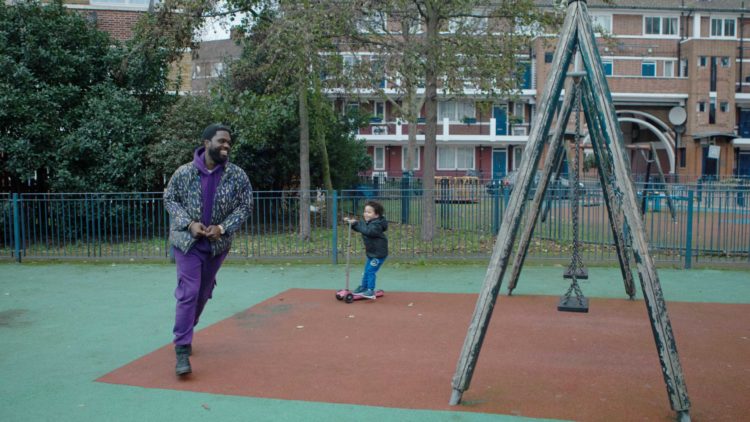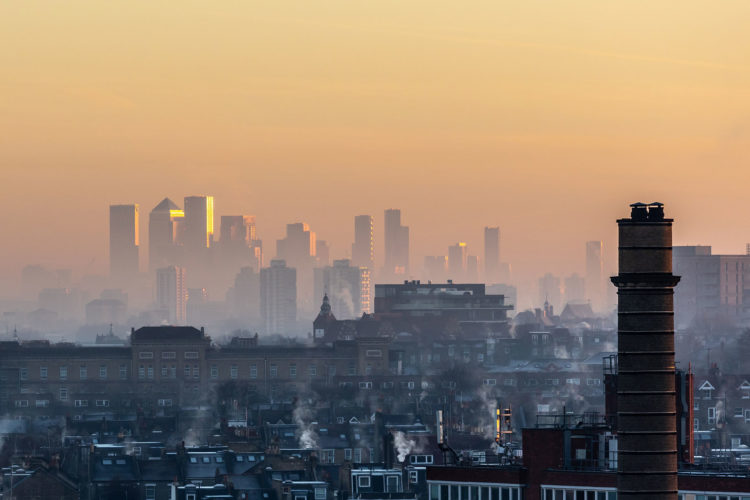Key info:
What are we doing together?
We’re working with research hub Global Child and Maternal Health (formerly Global Black Maternal Health) to better understand Black mothers’ and Black pregnant people’s knowledge, behaviours and attitudes toward air pollution and how it affects health.
Air pollution damages the health of mothers and babies during pregnancy and disproportionately affects people in cities. Despite this, pregnant people – and particularly Black mothers and Black pregnant people – are rarely included in conversations about air pollution and there is little research to understand their perspectives on this issue.
As part of this partnership, Global Child and Maternal Health will work with researchers at Imperial College London to:
- Work with Black mothers to co-design an online survey
- Analyse the qualitative and quantitative data collected
- Produce a report outlining the research findings and making recommendations to healthcare professionals and governing bodies
- Promote the research to key stakeholders across the clean air sector.
Global Child and Maternal Health will also communicate the findings to Black grassroots community organisations in south London. Sharing this knowledge will help to raise awareness of the health effects of air pollution and particularly how poor air quality affects Black mothers and Black pregnant people.
The report will be launched at the first Black Child Clean Air conference in June 2023.
Aim of the partnership
By amplifying the voices of Black mothers and Black pregnant people, we want to galvanise action from Government and other stakeholders to reduce this group’s exposure to air pollution and its harmful effects on health.
This is a priority for us because evidence shows that exposure to air pollution during pregnancy increases the risk of low birth rate and premature birth.
This research will fill a notable gap in the existing evidence base. As the first-ever air pollution study speaking directly to Black mothers and Black pregnant people, it will bring their experiences and opinions to life. The research will also be a catalyst for further engagement with Black communities in south London, inspiring them to be agents of change on an issue that disproportionately affects their health and that of their children.
Perspectives uncovered through this partnership will challenge policymakers and professional bodies to do more to protect the health of Black mothers and babies in cities. Findings will be used to influence professional bodies looking to develop more information, guidance and training on air pollution and health, and to tailor interventions and solutions that work for Black mothers and Black pregnant people.
Connection to our strategy
A core principle of our Health effects of air pollution programme is equity. We focus on people that are disproportionately affected by poor air quality, who often have done the least to contribute to the problem.
By working with and for Black mothers and Black pregnant people, this partnership delivers on our priority to engage and amplify the voices of those most affected by air pollution.



